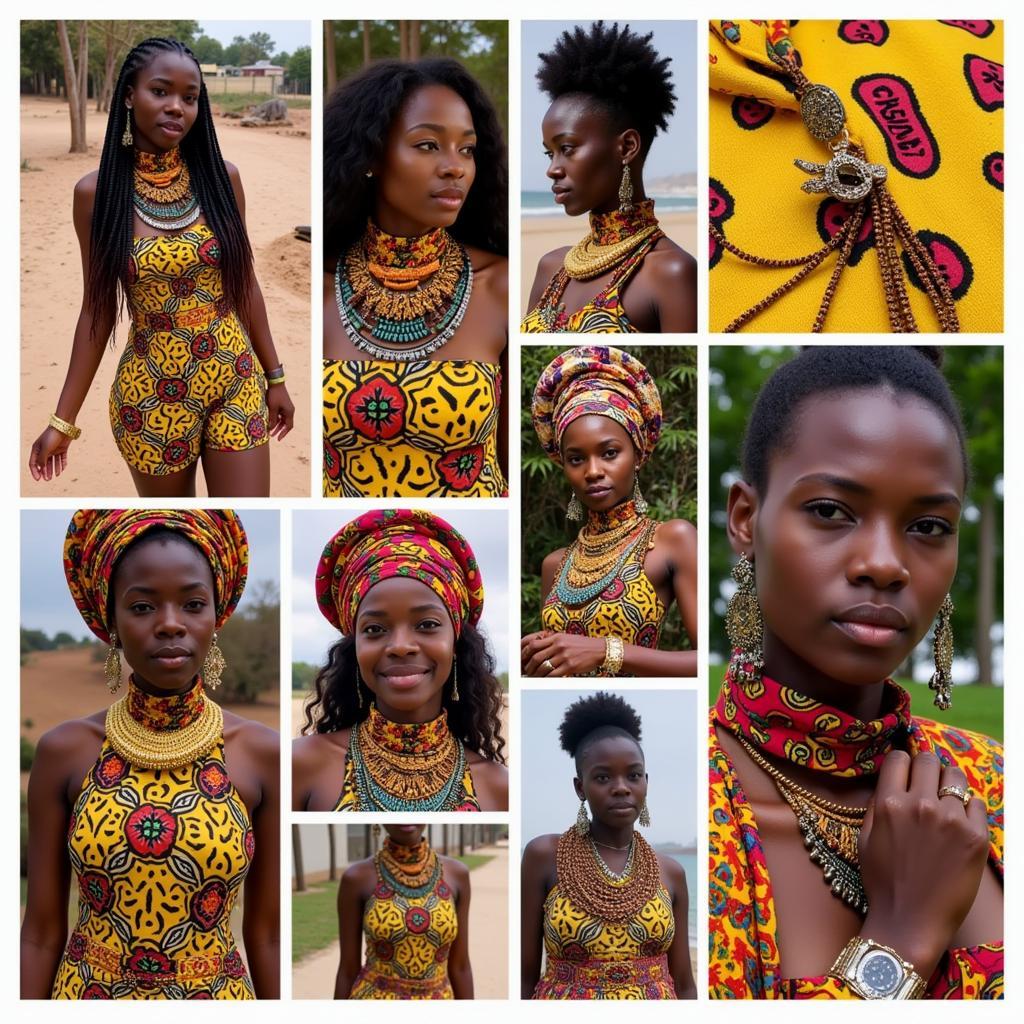Exploring African Diaspora Roots and Culture
African Diaspora Roots And Culture are a vibrant tapestry woven across continents, connecting millions of people to a shared heritage despite geographical distance. This rich history is shaped by forced migration, primarily through the transatlantic slave trade, yet it has blossomed into a powerful force of cultural expression, resilience, and innovation. Understanding the African diaspora means delving into its complex origins and celebrating the diverse cultures that have emerged from this shared experience.
The Origins of the African Diaspora
The African diaspora’s primary catalyst was the transatlantic slave trade, which forcibly displaced millions of Africans from their homelands between the 16th and 19th centuries. This brutal period scattered African communities across the Americas and the Caribbean, severing familial ties and cultural connections. However, amidst this trauma, Africans carried their traditions, languages, and spiritual beliefs with them, laying the foundation for new cultural formations in the diaspora. It’s important to note that the African diaspora isn’t monolithic; diverse ethnic groups, languages, and cultural practices were represented among the enslaved populations, leading to a multifaceted and complex diaspora experience.
Cultural Expressions in the Diaspora
Despite the hardships endured, African cultural expressions thrived in the diaspora, adapting and evolving in new environments. Music, dance, storytelling, and religious practices became vital tools for preserving cultural memory, forging community bonds, and resisting oppression. From the rhythmic beats of Afro-Cuban music to the captivating movements of Brazilian capoeira, African influences are evident in numerous art forms across the diaspora. These cultural forms often served as coded languages of resistance and provided a sense of shared identity in the face of adversity. Exploring African dream can offer a glimpse into the aspirations and hopes carried across generations.
The Impact of the African Diaspora
The African diaspora has profoundly influenced the cultural landscape of the world. From literature and art to politics and social justice movements, the contributions of the diaspora are undeniable. Figures like Marcus Garvey, a prominent Pan-Africanist leader, emerged from the diaspora to advocate for the liberation and empowerment of African people globally. The diaspora also played a significant role in the Civil Rights Movement in the United States, drawing inspiration from the struggles against colonialism in Africa. Check out African countries 5 native dress to see the diversity of traditional clothing. You might also be interested in African art history timeline for a broader perspective.
Reconnecting with African Roots
In recent years, there has been a growing movement within the diaspora to reconnect with African roots. This includes exploring genealogy, learning African languages, and visiting ancestral homelands. This renewed interest in African heritage reflects a desire to reclaim lost connections and deepen understanding of one’s identity. Organizations like the African Union have played a crucial role in facilitating these reconnections and fostering dialogue between the diaspora and the continent. If you’re looking for community, searching for African club near me might be a good starting point. For some musical inspiration, explore African baby goombay dance band mp3.
Conclusion
African diaspora roots and culture represent a powerful story of resilience, adaptation, and cultural innovation. Understanding this complex history is crucial for appreciating the diverse contributions of the diaspora to global culture. As we continue to explore and celebrate the richness of African diaspora experiences, we deepen our understanding of the interconnectedness of our world and the enduring legacy of African heritage.
FAQ
- What is the African diaspora?
- What were the main causes of the African diaspora?
- How did enslaved Africans preserve their culture in the diaspora?
- What are some examples of African cultural influences in the diaspora?
- How is the African diaspora reconnecting with its roots today?
- What is the significance of understanding African diaspora roots and culture?
- What role did the transatlantic slave trade play in shaping the African diaspora?
Common Scenarios and Questions:
- Scenario: Someone trying to trace their ancestry back to Africa.
- Question: What resources are available for tracing African ancestry?
- Scenario: A teacher looking for resources to teach students about the African diaspora.
- Question: Where can I find educational materials on the African diaspora for different age groups?
- Scenario: Someone planning a trip to Africa to connect with their heritage.
- Question: What are some important cultural considerations for visiting African countries?
Further Exploration:
You might also be interested in learning more about specific African cultures, the impact of colonialism, or the history of Pan-Africanism.
Call to Action:
For any assistance, please contact us at Phone: +255768904061, Email: kaka.mag@gmail.com, or visit us at Mbarali DC Mawindi, Kangaga, Tanzania. We have a 24/7 customer support team available.

